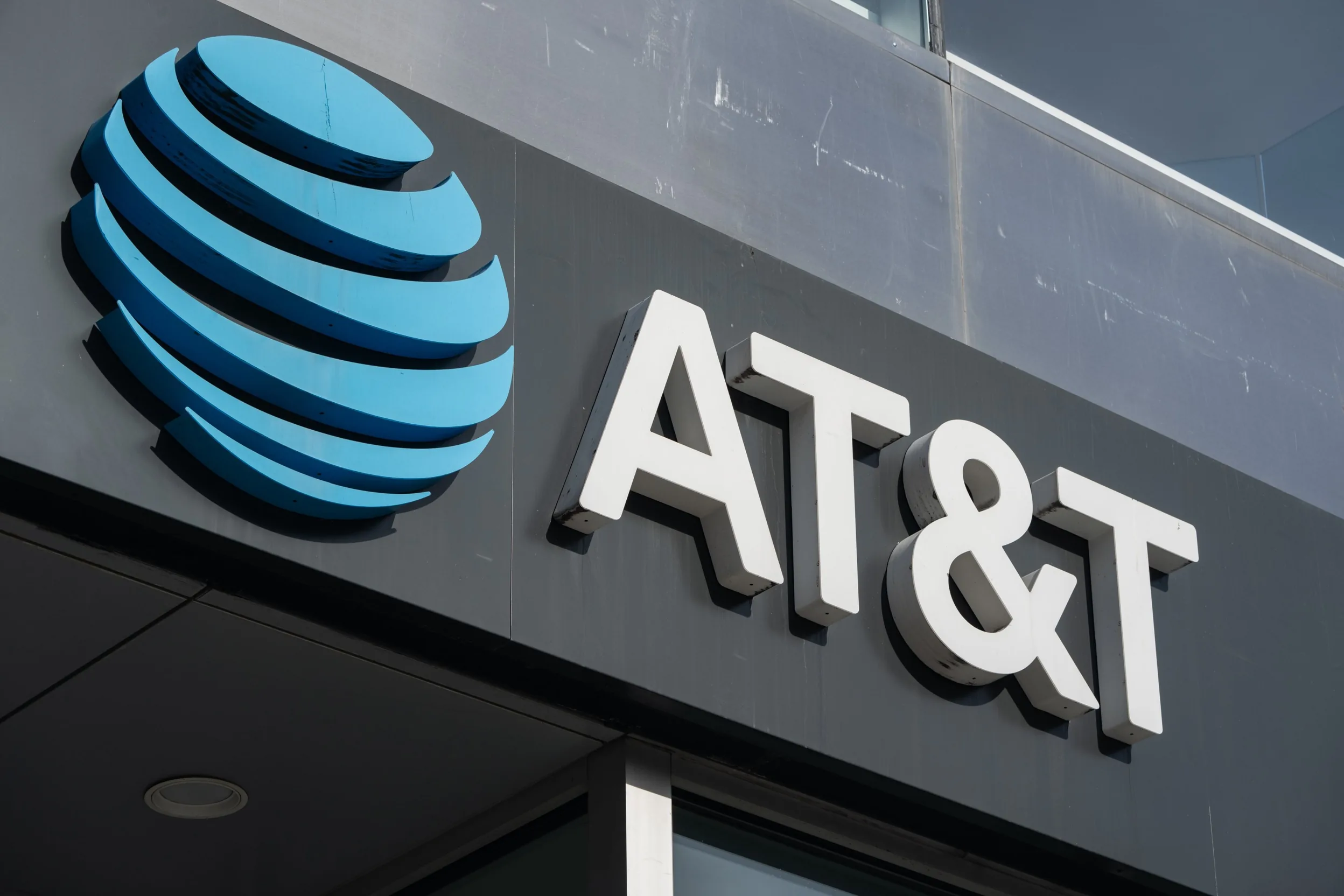
AT&T has announced a compensatory measure for those impacted by last week’s network outage. The telecommunications giant is offering a $5 credit to customer accounts as a gesture of goodwill and an attempt to mitigate frustration caused by the outage. This incident not only inconvenienced individual users but also highlighted the interconnected vulnerabilities of modern telecommunications networks, affecting communication across the board and raising questions about the robustness of such critical infrastructure.
How Did the Outage Occur?
The network outage, which transpired on Thursday, February 22, was attributed to a technical error associated with the application and execution of an incorrect process during network expansion activities. According to AT&T, this disruption was not the result of any cyberattack but rather an unfortunate byproduct of efforts to enhance their network’s capabilities. The fallout from this error was immediate and widespread, affecting AT&T users across the United States. Some customers reported being unable to access their cell service for more than five hours, a significant interruption in an era where mobile connectivity is virtually indispensable for both personal and business communications.
AT&T’s Response
In response to the outage and the inconvenience it caused, AT&T has decided to issue a $5 credit to the accounts of potentially impacted customers. This amount, the company explains, corresponds to the average cost of one day of service on an AT&T mobile plan, reflecting an attempt to equitably compensate for the service disruption. The decision to offer this credit was communicated through various channels, including a post on X (formerly known as Twitter) and a specially created webpage titled “Making It Right.” Here, AT&T extended its apologies and provided customers with details regarding the compensation offer, reaffirming its commitment to delivering reliable service and maintaining customer trust.
However, the $5 credit offer comes with certain stipulations that have drawn mixed reactions from the AT&T customer base. Specifically, the credit is applied per account rather than per device, which means that individuals or families with multiple phone lines on a single account will receive a singular $5 credit in total. Additionally, the offer is not applicable to AT&T Business accounts, prepaid service customers, or subscribers of Cricket Wireless, a cellular provider owned by AT&T. Eligible customers have been assured that the credit will automatically appear on their accounts within one to two billing cycles, requiring no additional action on their part to receive the compensation.
Mixed Feelings: Customer Reactions to AT&T’s Offer
Public reaction to AT&T’s compensation plan has been varied, with some customers expressing appreciation for the company’s gesture, while others have criticized the amount as inadequate, particularly for accounts that encompass multiple lines. This discrepancy in customer satisfaction underscores the challenges companies face when attempting to rectify service failures in a manner that is both financially viable and perceived as fair by their diverse customer base.
What Steps Is AT&T Taking to Prevent Future Outages?
AT&T has pledged to implement measures aimed at preventing similar outages in the future. The company’s commitment to continuous improvement and reliable connectivity is crucial, as the incident serves as a stark reminder of the essential role telecommunications companies play in the fabric of daily life and the expectations customers have for uninterrupted service. Industry experts have noted that while the $5 credit may not represent a significant financial gesture, the act of acknowledging the inconvenience and offering some form of compensation is critical for maintaining customer loyalty and trust in the long term.
This event has also sparked discussions among consumers about the importance of proactive communication and self-advocacy in the face of service disruptions. Some AT&T customers have shared their experiences of seeking additional compensation through direct inquiries, suggesting that individual actions can sometimes result in more substantial rebates than those automatically offered by service providers.
Related News:
Featured Image courtesy of Jeenah Moon/Bloomberg via Getty Images
